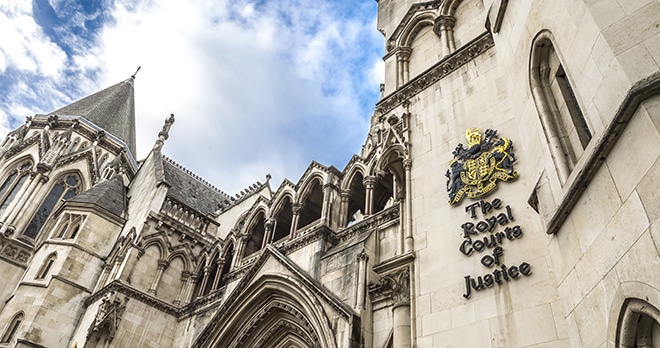MOJ rejection of automatic legal aid in state-related deaths demonstrates a failure to understand the realities facing bereaved families in inquests

The Ministry of Justice (MOJ), following their review of Legal Aid for inquests, has recently released its final report on the matter. Disappointingly they have rejected calls for public funding to be made available for bereaved families in state-related deaths automatically.
The response came as a surprise given the groundswell of support for automatic funding in state-related deaths since 1999 (Macpherson Report). Instead, the current system – with onerous paperwork, restrictive means-testing and arbitrary decision-making – will persist.
Ultimately, the review promised a lot but has been very disappointing in its conclusions. The MOJ have not only decided not to remove means testing for state-related deaths, but they also seek to justify this in a couple of ways. They say, for example, that it shouldn’t be assumed that where the state has legal representation, representation for the family is necessarily required and that additional lawyers often hinder the process by making it more adversarial and legally complex.
Instead, the report’s main suggestions include providing additional information and signposting for families, presumably so they can better navigate the inquest process without legal representation. The report also promises to “consider options” for better facilities, expanding support services, and improving conduct of lawyers as they identify that these were other relevant factors.
A failure to give ‘equality of arms’ to families
This response entirely fails to appreciate the realities of inquest proceedings. The MOJ response not only fails to put families on a more equal footing, but it goes even further in suggesting that the state lawyer/team can effectively look after the interests of all Interested Parties including the family. This is utterly absurd. It shows that they’ve totally failed to understand the issues which the report was intended to address.
Perhaps unsurprisingly given other changes in recent years, it seems that the prospective cost played a big part in the report’s conclusions. The report estimates that the cost of removing means-testing from state-related inquests would be between £30-£70m. Unhelpfully though, the report doesn’t give any information as to what this figure is based on or how it has been calculated, nor does it specify the time period over which this spend is anticipated. There are, according to the report, 500 deaths in state custody annually and so it would only be these cases that would potentially have been granted non-means tested legal aid, assuming every family wished to do so. In this context the figures quoted in the report seem remarkably high, and appear to be without logical basis.
Furthermore, the report neglects to acknowledge the positive impact that lawyers can have on the conduct of hearings: suitably qualified lawyers representing families can be hugely beneficial to the public purse. Experienced questioning and representation leads to more effective and efficient hearings, fewer delays, fewer adjournments and fewer appeals. Perhaps most important of all is that, with representation for all, it’s also highly likely that the inquest will be more thorough, balanced and just; something that seems to have been overlooked by the MOJ in their review.
Specialist lawyers also bring with them an objective professionalism that helps to minimise the tensions between the state and families in these cases. In this way the inquisitorial function of a coroner’s inquest is assisted rather than hindered by the presence of legal representation. Ultimately these factors can save the court time and money - two things it is in short supply of.
The MOJ has provided a wholly lacklustre response following its review. The focus is largely on increased guidance to help families negotiate the coronial process, legal aid applications and support services, rather than a genuine intention to redress the inequality of arms. The department’s apparent ignorance of the difficulties that bereaved families face is alarming, and means that that the practical support families so desperately need is still out of reach for many.
Deborah Coles, Director of charity INQUEST has commented:
“This is a dishonest response and a betrayal of those who invested in this review in the hope of securing meaningful change”.
INQUEST will be re-launching its campaign for access to justice for families in Parliament later this month: https://www.inquest.org.uk/access-to-justice-for-families